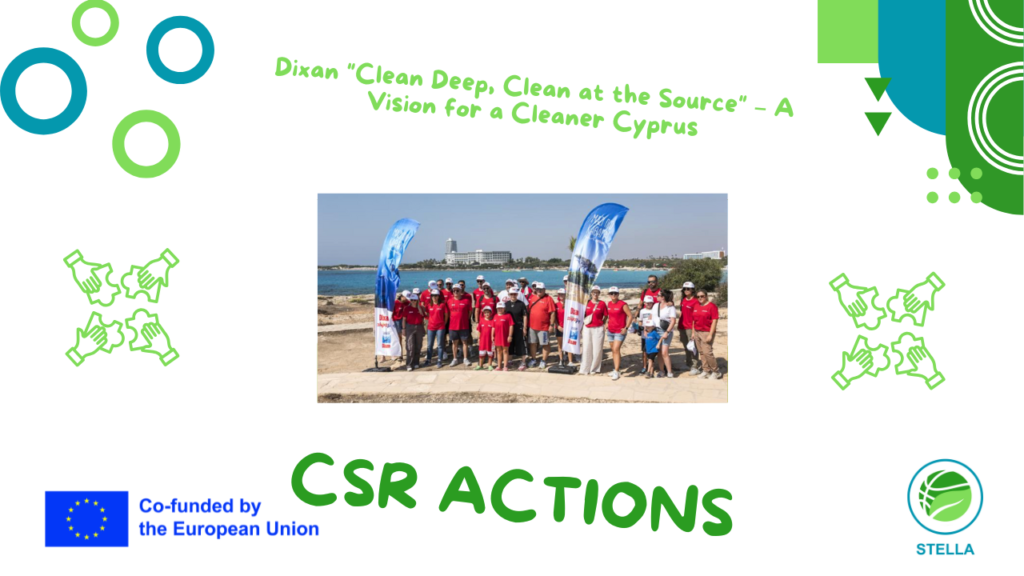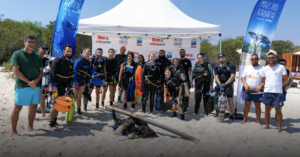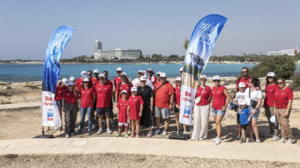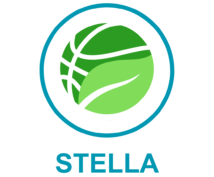
Henkel Consumer Brands, in collaboration with Alphamega Supermarkets, carried out two major environmental clean-up initiatives as part of the Dixan “Clean Deep, Clean at the Source” program. Focusing on Cyprus’s natural environment, the efforts included an underwater clean-up at Landa Beach and a clean-up at Agios Nikandros National Park in Ayia Napa. The program engaged a large number of volunteers in its mission to create a cleaner, more sustainable Cyprus by removing waste from both land and sea.
Objectives:
- To raise public awareness of the environmental impact of waste on both land and marine ecosystems.
- To encourage active community participation and corporate responsibility toward a cleaner, healthier environment.
- To reduce litter and pollution from Cyprus’s coastal and natural areas.
Description of the Practice:
The initiative engaged a team of experienced divers and volunteers. At Landa Beach, a team of specialized divers removed 10 kg of waste from the seabed, primarily plastic, metal, and other debris. Meanwhile, 35 volunteers collected 130 kg of waste from Agios Nikandros National Park, with plastic comprising 110 kg of the total. A non-profit organization supported the event, assisting volunteers in collecting waste and ensuring participant safety. Each participant received protective equipment, including gloves, masks, and litter pickers. These efforts reflect a holistic approach to environmental protection, tackling pollution at its source through hands-on actions and community support.
Impact and Results:
Through the Dixan program, approximately 7 tons of waste have been removed from Cyprus’s underwater ecosystems over the past five years, highlighting the program’s long-term impact. Each year, the initiative attracts more participants, yielding visible improvements in targeted areas. Employee involvement and partnerships with local organizations emphasize the power of collective action. The initiative has been positively received by the local community.
Challenges and Solutions:
One of the main challenges has been encouraging widespread awareness and participation in clean-up efforts. Henkel and Alphamega addressed this by involving local organizations and conducting clean-ups in high-traffic areas to maximize visibility. They provided educational materials and hands-on guidance to volunteers, creating a welcoming environment that fosters ongoing commitment to environmental stewardship.
Can it be repeated?
The program is designed to be replicable across various regions and environmental contexts. With support from local businesses, volunteers, and NGOs, this model can be implemented in any coastal or natural area to combat pollution effectively. It’s adaptable to both land and underwater environments, making it versatile and impactful.
Conclusion:
The program exemplifies how corporations can drive meaningful environmental action through partnerships and volunteerism. By organizing targeted clean-ups and engaging the community, Henkel and Alphamega are setting a positive example for corporate social responsibility, with a clear and powerful message: “Together, Cleaner!” As noted by key Henkel representatives, it’s through collaboration that long-lasting environmental impact is achieved.
Recommendations:
Future clean-ups could include educational sessions for local youth to foster early awareness of environmental responsibility. Adding waste sorting stations and partnering with recycling centers would further enhance the initiative’s impact. Additionally, extending the program to inland areas or organizing additional clean-ups during peak tourist seasons could broaden its reach and effect.
 .
. 
